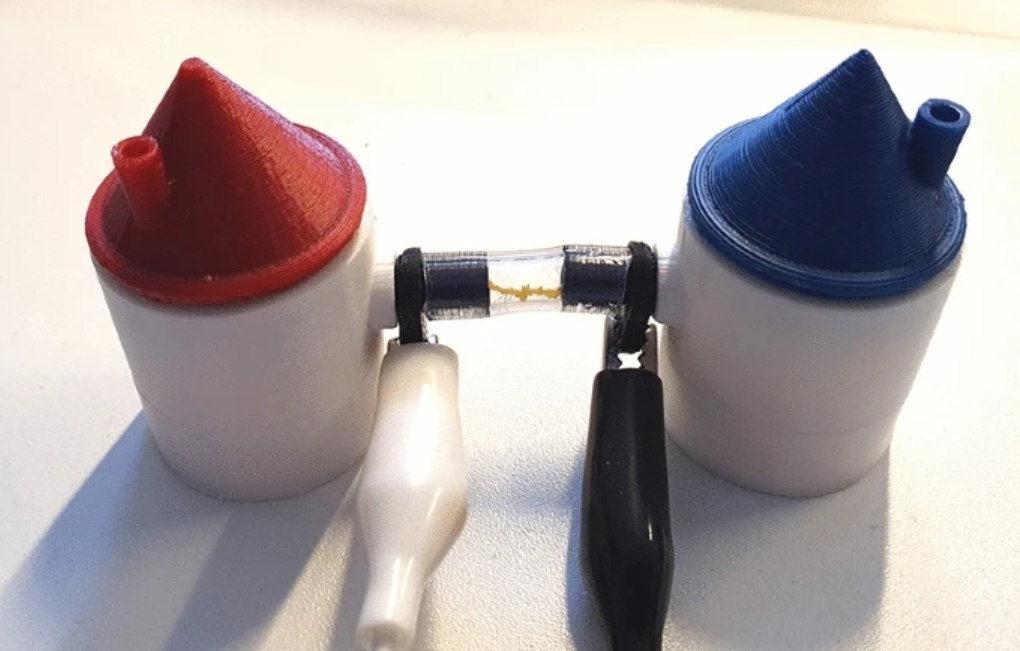Investigating the bioelectronic potential of Physarum polycephalum

Biofaction’s latest research, co-authored by Zeki Seskir and Eduardo R. Miranda, explores the electrical properties of Physarum polycephalumand its potential applications in bioelectronics. While previous studies suggested that this slime mold could exhibit memristive behavior, our experimental findings indicate otherwise. Instead of memristance, we observed elliptical I-V characteristics, which we attribute to the organism’s inherent capacitance.
To model this behavior, we developed replacement circuits using only resistors and capacitors, successfully replicating the observed electrical responses. While P. polycephalum does not function as a memristor, these findings highlight its potential for analog bioelectronic applications, such as filters and phase shift networks.
This article, titled “Electrical characterization of the alleged bio-memristor Physarum polycephalum”, contributes to the broader field of bioelectronics — an area investigating the integration of biological components into electronic systems. Markus Schmidt, Günter Seyfried and Uliana Reutina conducted their work within the Mi-Hy project, which focuses on circular hydroponic systems powered by microbial fuel cells. This research underscores the potential of biological materials in sustainable energy technologies and bio-inspired circuit design.
Read the full article here: https://lnkd.in/djX3pEDJ
More details on our Publications page: https://www.biofaction.com/publications/